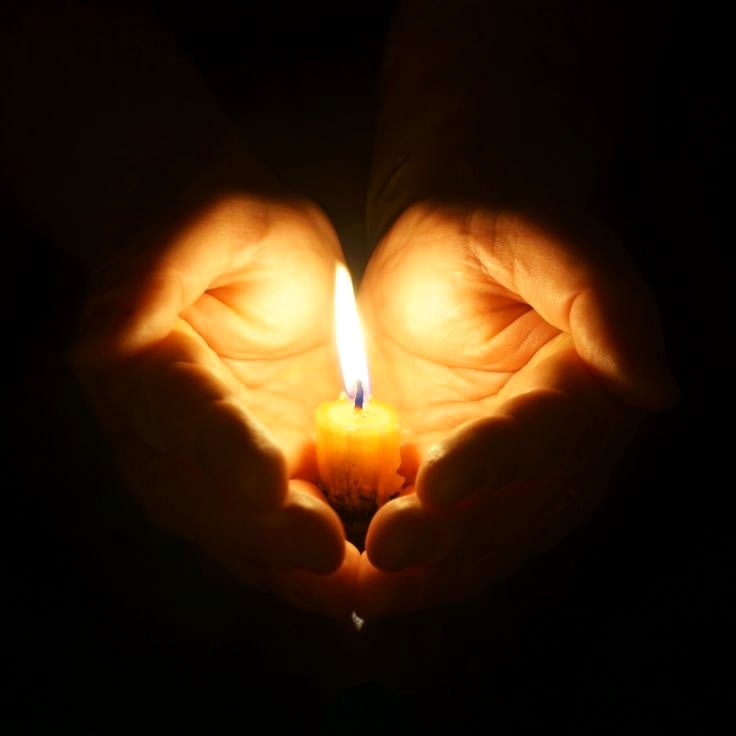
Mt. 13:24-43
The desperate situation of our brethren in Manipur currently saddens and burdens our hearts. More than mere communal violence, it has taken the form of religious persecution. Many have lost their lives, family members, friends, etc. Lots of churches were destroyed under the shadow of communal violence. Several of them fled from their villages to other states and lived as migrants; many women were molested. We came to know the other day about the most shameful event: two of our sisters were brutally stripped of their dignity and made to walk naked in public with a crowd moving around them like vultures.
The existence of evil can be considered one of the major challenges of our time, especially for a believer. The co-existence of goodness and evil remains a mystery. The old-age question that lingers in our minds is: Why does the all-powerful, mighty God permit evil? It is not easy to answer. In today’s gospel, we see the parable of the good seed and the weed. The owner of the field obviously spread only good seed. Anyhow, the enemy comes and spreads darnel in the field, which is punishable as per Roman law. The servants wanted to remove the darnel immediately so that they could protect the crop and expect a good crop. Anyhow, the wisdom of the owner suggests they wait and allow the weed to grow along with the crop. If they pluck it knowing it can harm the crop because the darnel roots are intertwined with the weed, they may also remove the crop; therefore, the owner is ready to suffer a little loss by allowing the weed to grow along with the crop rather than losing both the weed and crop together.
Why does evil persist in the world? The parable explains the wisdom of the Lord. The evil that we see in the world is not the creation of God, and He is not responsible for it. The evil that we experience is the misuse of the free will of human beings. God knows in his wisdom that if he creates a being with free will, there is always the possibility of its misuse. Even then, God created us with free will. He expects all of us to exercise our free will with greater responsibility. All of us are accountable for our free will. We see at the end of the parable; the weed becomes the burning fuel to eliminate all the waste from the field after the harvest. Similarly, God knows how to handle evil in his wisdom and gives justice to all those who become victims of someone’s misuse of their free will.
Apparently, we think evil is taking root in a stronger manner in our times. It is true. There is lots of suffering all around the world because of one person or group of individuals misuse of free will, for eg. The Russian-Ukrainian War, and civil war in Sudan issues of similar sort are happening in different parts of the world. Even in the midst of these uncertainties, the kingdom of God is a growing reality like mustard seed and leaven. Though mustard seed is the tiniest seed, once it grows, it becomes the greatest of all shrubs and shelters so many creatures. Like the kingdom of God, though it appears to be tiny, its impact is immeasurable, like leaven, and it can influence the entire world.
As we meditate on the gospel passage, let us acknowledge the existence of evil in our midst. Anyhow, we should not lose hope; we need to be patient enough to wait for God’s timing. He permits evil to coexist with goodness because he does not want to interfere with human freedom. At the end of time, all of us will have to answer for the exercise of our free will, until then, we need to be patient with greater responsibility and for the good of everyone. Let us defend evil by spreading the gospel of light through our Christian witness. Let us reach out to the victims of evil and support them in any way we can. Let us never compromise with evil by being indifferent to the victims of evil. Let us be compassionate by sharing in their suffering and sharing our goodness with them.